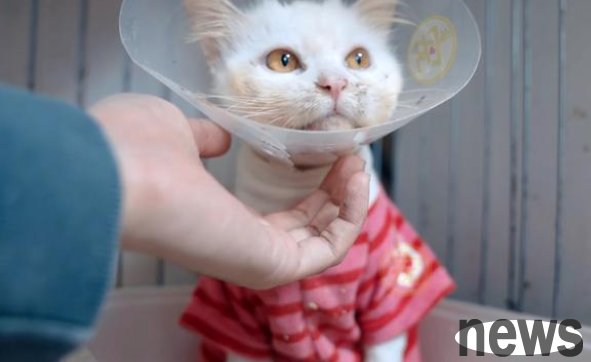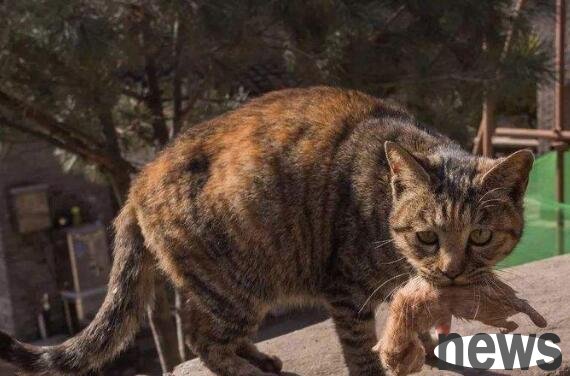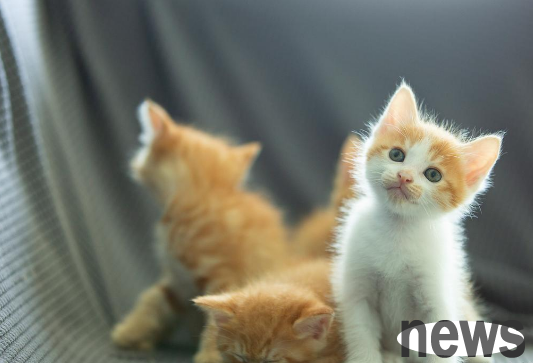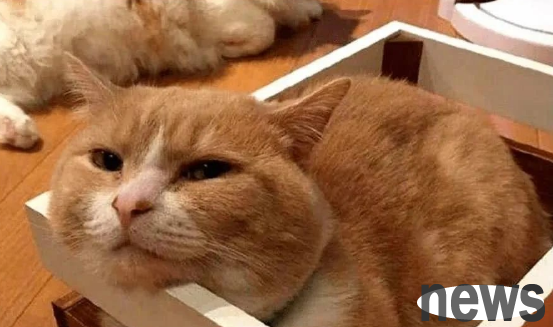What is the hint before the cat runs away from home
Cats, those little furry lives, often bring joy and warmth to our homes. However, sometimes they may behave in the desire to run away from home. Before cats run away from home, they often give some hints, which are their inner calls and desires.
1. Changes in behavioral habits
Before cats run away from home, there are often some changes in behavioral habits. For example, they may show more anxious and uneasy behaviors, running around repeatedly, and showing a willingness to escape. They may begin to wander frequently through windows or doors, trying to find a chance to escape. In addition, cats may reduce their appetite and show a loss of appetite. These behavioral changes are usually a manifestation of the cat's inner desire for freedom and exploration.

2. Discomfort in a closed environment
Cats are born explorers, and they like to explore outdoors freely. Especially when cats are confined to enclosed environments for a long time, such as apartments or indoor maintenance, it can cause trouble and discomfort to them. In this case, the cat may begin to show signs of wanting to run away from home. They may hide in corners, windowsills, and other places to seek a little chance to escape.
3. Adventure and stimulation
Cats are curious animals, and they desire adventure and fresh stimulation. When they lack this stimulation for a long time, the idea of running away may begin. Cats will try to satisfy their adventure by exploring their surroundings, jumping to high places, and playing. If the cat cannot get enough stimulation and activity space, it may in some way stimulate the cat's desire to run away from home.
4. The lack of social interaction
Cats are animals that like social interaction, and they need the company and care of their owners. If the owner lacks enough time and energy to interact with cats in their lives, the cat may feel lonely and dissatisfied. At this time, running away from home may become a way for them to express their dissatisfaction and desire to get attention. Therefore, owners should give cats enough care and companionship to meet their social needs to reduce the possibility of running away from home.
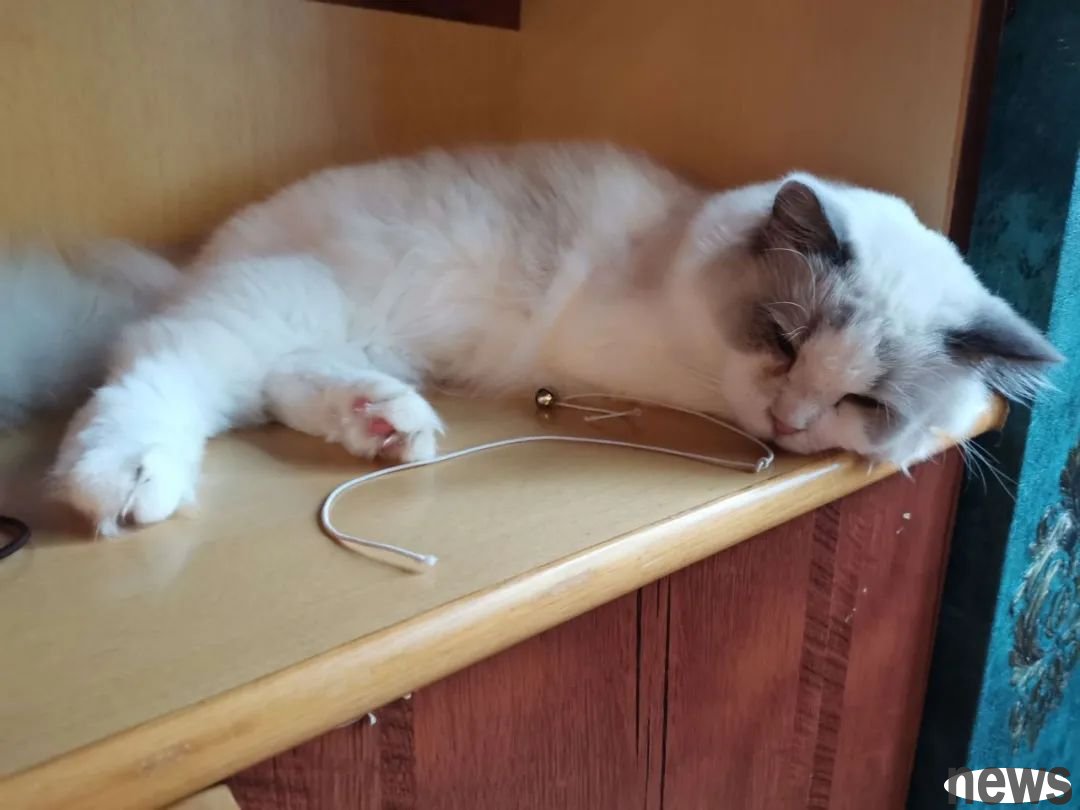
5. Looking for external inducements
In some cases, cats may be triggered by external inducements. For example, there is another cat around you, a small animal appears, a seductive smell, etc. These stimuli can arouse cats' curiosity, causing them to try to escape from their homes to explore the temptations of the outside world. In this case, the owner should effectively strengthen the surveillance of the cat to ensure their safety and happiness.
Once we perceive the hint of the cat's departure, we as owners have the responsibility to interpret and take corresponding measures. By understanding the changes in cats' behavioral habits, the discomfort in the closed environment, the pursuit of adventure and stimulation, the lack of social interaction and the impact of external incentives, we can better grasp the psychological needs of cats and create a safe, comfortable and adventure-filled environment for them. Ensure the safety and happiness of cats so that they can enjoy freedom and exploration in our company.



